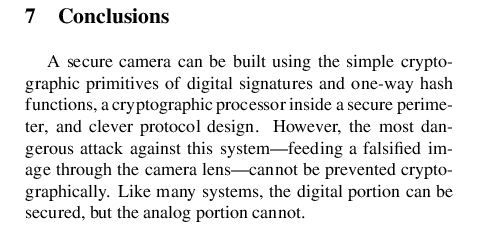Like, China basically blocked and restricted foreign access to financial assets for a long time. That's being liberalized now, because it's starting to make a bit more sense for them. Contrast that to the Washington Consensus, which required countries to open financial markets to foreign investment.
As well, you could argue that the damage done by neoliberal too-much-liberalism-where-it-doesn't-make-sense causes reactionary socialist politics in places like Venezuela, where opposition to U.S. policy created a poor system. I've also heard (but can't find a proper research paper on the topic, so take it with the appropriate caution) that the degree of U.S. influence in a Latin America inversely corresponds with the democratic freedom and economic development.
The problem seems to be that neoliberal development policy is too generous for foreign investment (i.e., it makes Wall Street happy) rather than really emphasizing growth of the local economy.
As well, you could argue that the damage done by neoliberal too-much-liberalism-where-it-doesn't-make-sense causes reactionary socialist politics in places like Venezuela, where opposition to U.S. policy created a poor system. I've also heard (but can't find a proper research paper on the topic, so take it with the appropriate caution) that the degree of U.S. influence in a Latin America inversely corresponds with the democratic freedom and economic development.
The problem seems to be that neoliberal development policy is too generous for foreign investment (i.e., it makes Wall Street happy) rather than really emphasizing growth of the local economy.

![http://i.imgs.fyi/img/23ep.jpg [http://i.imgs.fyi/img/23ep.jpg]](http://i.imgs.fyi/img/23ep.jpg)

